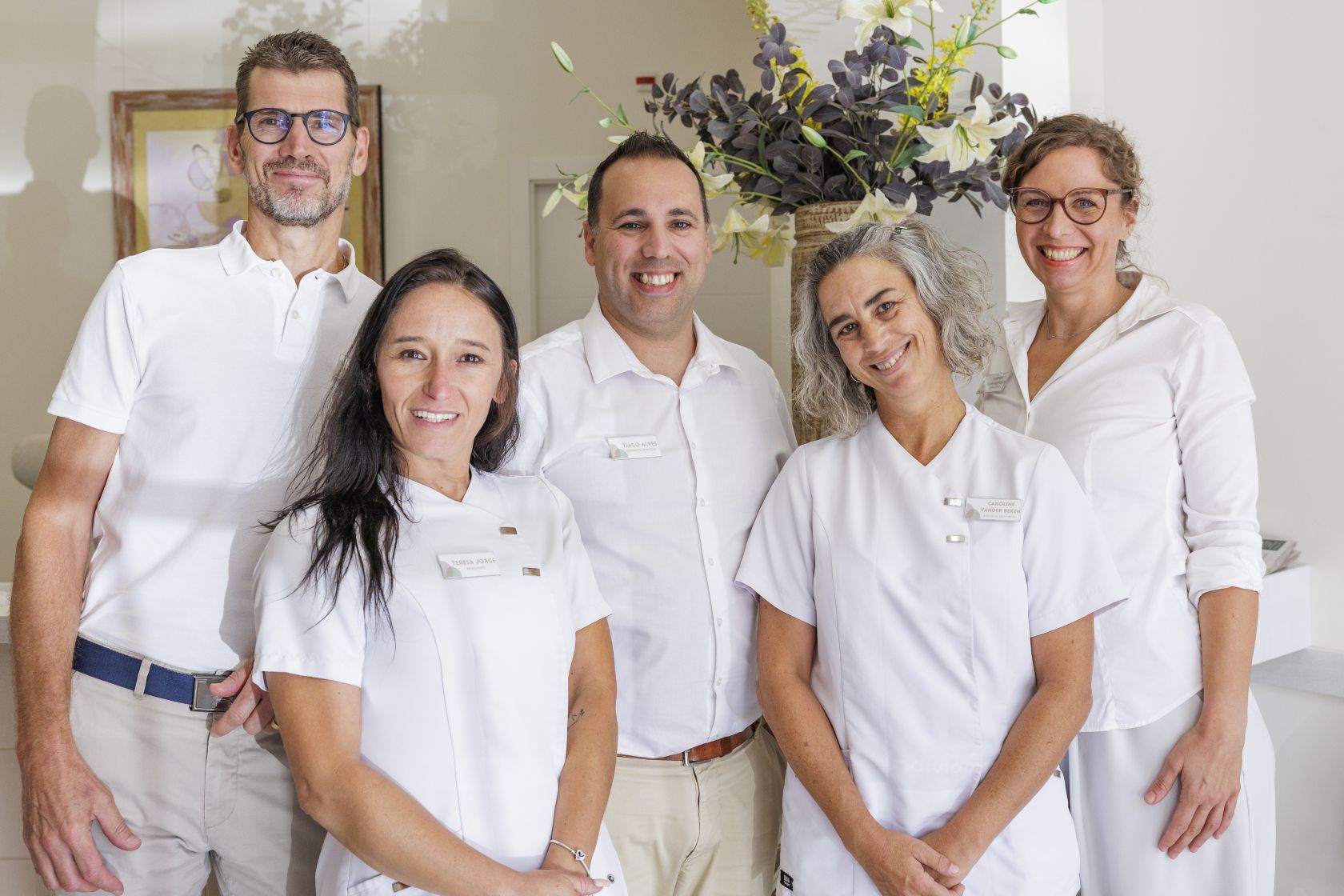This week’s issue leads into an important international health milestone: World Menopause Day on 18 October 2025. This year’s official theme, set by the International Menopause Society, is “Lifestyle Medicine in Menopausal Health” – a topic that could not be more timely. As a gynaecologist working daily with women in perimenopause and beyond, I see a recurring pattern: menopause is still treated as something to be endured rather than managed, or even optimised. Too often, care focuses narrowly on symptoms like hot flushes or sleep disruption, without addressing the broader physiological shift occurring beneath the surface.
Menopause is not just about hormones fluctuating and menstrual cycles ending. It is a complex neuroendocrine transition with widespread impact on metabolism, bone stability, cardiovascular regulation, cognition, and emotional resilience. Whether women merely cope with this transition, or emerge healthier through it, depends largely on one decisive factor: lifestyle medicine.
Hormonal Change as a Metabolic Turning Point
As hormone levels change during the menopausal transition, biological systems adjust accordingly. Bone loss accelerates, cholesterol rises, fat moves to the abdomen, and stress tolerance decreases. These shifts are not malfunctions, they are signals that physiology is entering a new phase. The real danger is not menopause itself, but leaving these signals unanswered. This is why embracing lifestyle medicine is not a wellness trend – it is evidence-based prevention.
What Lifestyle Medicine Means – Beyond Buzzwords
Lifestyle medicine comprises structured, scientifically validated interventions across core domains:
Nutrition: Plant-Focused and Minimally Processed
Rather than restrictive dieting, menopausal nutrition should aim to stabilise metabolism, support bone health, and reduce inflammation. A predominantly plant-based diet, rich in vegetables, legumes, whole grains, nuts and seeds, has been shown to improve cardiovascular profiles and reduce vasomotor symptoms. Highly processed foods and refined sugars should be kept to a minimum, as they fuel inflammation and metabolic instability. During menopause, supplements can also play a valuable role, especially Vitamin D, which supports immunity, mood balance, and bone strength. Depending on individual needs, additional targeted supplementation may help with energy, sleep, or metabolic function. Rather than guessing, it is far more effective to determine these needs with professional guidance. After all, nutritional care is never one-size-fits-all: working with a qualified nutritionist can turn general advice into measurable results.
Movement: Strength as a Medical Intervention
Cardiovascular training remains valuable, but after menopause, strength training becomes essential medicine – and if I could prescribe it like a drug, I would. Resistance exercise twice weekly helps maintain lean mass, improves insulin sensitivity, supports posture and joint stability, and is one of the strongest non-pharmacological protectors against osteoporosis. Walking is good – lifting is vital.
Sleep and Stress: The Overlooked Accelerators
Many women become more stress-sensitive during menopause as hormonal changes influence the brain’s stress regulation pathways. Chronic poor sleep and heightened stress are not just uncomfortable, they actively accelerate cardiovascular, metabolic, and cognitive decline. Evidence-based strategies such as Cognitive Behavioural Therapy for Insomnia (CBT-I), yoga, meditation, and structured breathwork can significantly improve resilience. Gentle evening routines, morning daylight exposure, and digital boundaries also play a more powerful role than most medications.
Connection and Meaning: Core Protective Factors
Research now recognises loneliness as a higher predictor of mortality than obesity or physical inactivity. Women who maintain social engagement, purpose, and joy during midlife have significantly better long-term outcomes. Lifestyle medicine is not just physical, it is relational.
Where Hormone Therapy Fits
Lifestyle interventions and hormone therapy should never be positioned as opposing choices. For eligible women, menopausal hormone therapy (MHT) remains the most effective treatment for vasomotor symptoms, genitourinary discomfort, and bone preservation, particularly if started before age 60 or within 10 years of menopause. However, hormones alone cannot restore muscle, regulate food choices, or rebuild purpose. Likewise, lifestyle changes alone may not be sufficient for women with substantial hormonal deficiency symptoms. The most effective care model is integrative, not exclusive.
A New Narrative for World Menopause Day 2025
Let us move away from language of decline and inevitability.
Menopause is not an ending, it is a recalibration. And how well we adapt depends on the choices we make.
On 18 October 2025, the global focus will be on lifestyle medicine. But for real impact, that focus must extend beyond one day and into everyday clinical practice.
A Holistic Model – In Practice
At Medin Clinic Lagoa – medicina individual, we follow exactly this philosophy. Our menopause care goes beyond gynaecology. We combine evidence-based nutrition counselling, psychology with Cognitive Behavioural Therapy (CBT), and comprehensive general practice consultations with complementary approaches such as spinal energetics and breathwork – not only to guide women through hormonal change, but to build long-term health capacity. Menopause is not something to endure, nor should it be a silent struggle. It is a transition to be navigated – with clarity, support, and confidence.
Disclaimer:
The views expressed on this page are those of the author and not of The Portugal News.


